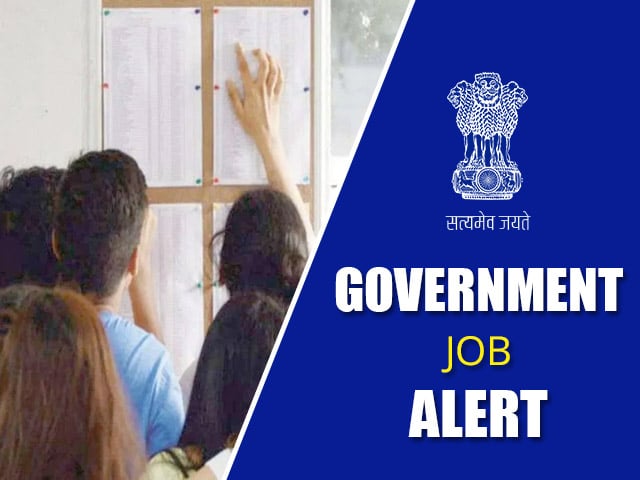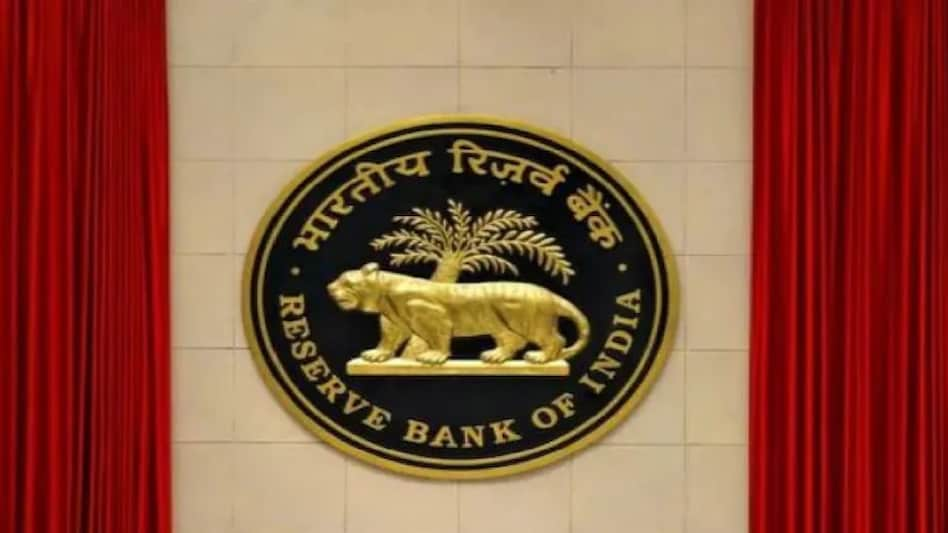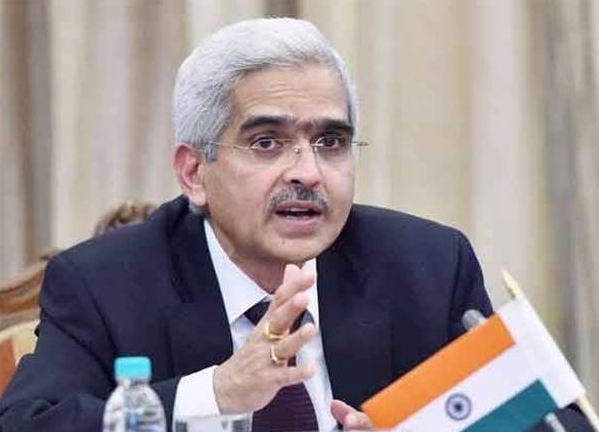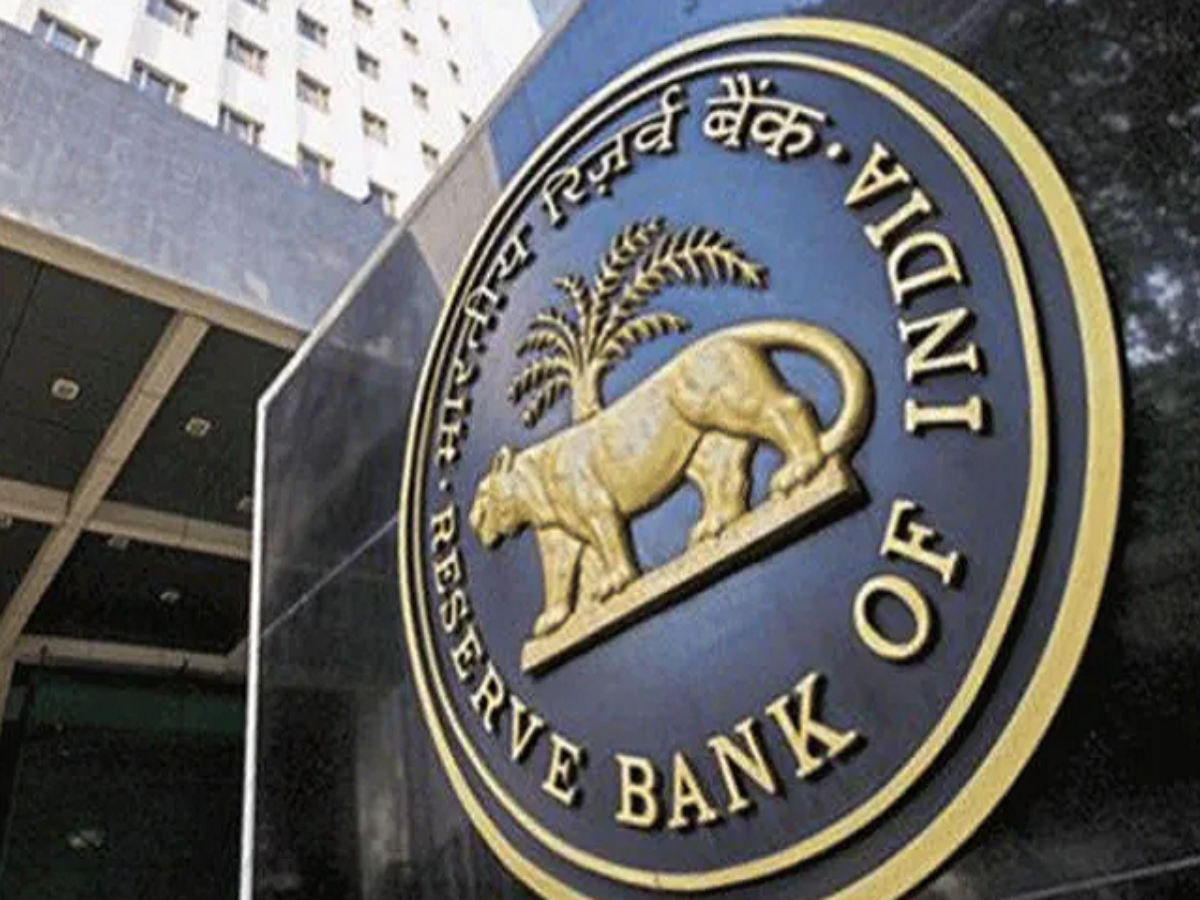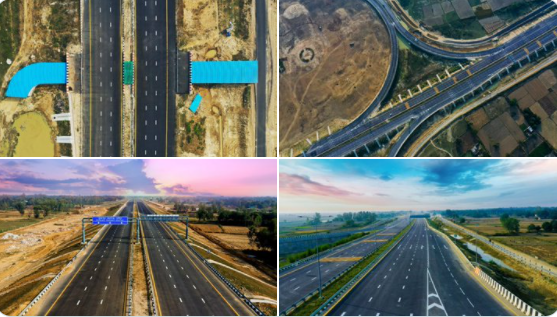Following a report in a leading business daily, speculation abounded on Wednesday about whether the government had invoked Section 7 of the RBI Act, which would give the government the ability to direct the central bank’s actions.
Finance Ministry remained studiously silent on the issue while the Economic Affairs Secretary declined to comment on whether Section 7 had been invoked, as reported by the Economic Times today (Wednesday, October 31).
The official statement issued by Finance Ministry also made no mention of it.
The Finance Ministry statement acknowledged that the autonomy of the Reserve Bank of India (RBI) is an “essential and accepted governance requirement”, but it neither confirmed nor denied that it had issued directives to the bank under Section 7 of the RBI Act.
A statement from the Department of Economic Affairs of the Ministry said:
“The autonomy for the Central Bank, within the framework of the RBI Act, is an essential and accepted governance requirement.
“Governments in India have nurtured and respected this. Both the government and the central bank, in their functioning, have to be guided by public interest and the requirements of the Indian economy.
“For the purpose, extensive consultations on several issues take place between the government and the RBI from time to time. This is equally true of all other regulators. Government of India has never made public the subject matter of those consultations. Only the final decisions taken are communicated. The government, through these consultations, places its assessment on issues and suggests possible solutions. The government will continue to do so.”
Section 7 of the RBI Act reads: “The Central government may from time to time give such directions to the bank as it may, after consultation with the Governor of the bank, consider necessary in the public interest. Subject to any such directions, the general superintendence and direction of the affairs and business of the bank shall be entrusted to a Central Board of Directors which may exercise all powers and do all acts and things which may be exercised or done by the bank.”
This Central Board of Directors, according to the Act, comprises a Governor and [not more than four] Deputy Governors to be appointed by the government, four Directors to be nominated by the government and one official nominated by the government. Giving control of the Reserve Bank of India to its Board of Directors effectively gives this control to the government.
CNBC-TV18 reported today that the government has initiated talks with the Reserve Bank of India to consider invoking a provision never used before, which could empower it to issue directions to the central bank on certain matters. Unidentified officials told the news channel that it was unclear if holding consultations with the central bank alone meant that the law had been invoked.
According to The Economic Times however, Section 7 of the Reserve Bank of India Act may already have been invoked and could be the reason between a rift that has become increasingly public in recent days.
RBI Deputy Governor Viral Acharya had on Friday warned that undermining a central bank’s independence was “potentially catastrophic”.
Subhash Chandra Garg, the secretary of the Department of Economic Affairs in the Ministry of Finance, refused to comment on the reports.
The government has sent letters to the RBI in recent weeks, exercising its powers under Section 7 of the RBI Act on matters such as liquidity for non-banking financial companies, capital requirements for weak banks and lending to small and medium enterprises, The Economic Times reported.
The letters were sent at least a month before Acharya’s speech, an official told BloombergQuint.
Former Finance Minister P Chidambaram wrote on Twitter that if the reports were true, “I am afraid there will be more bad news today”. “We did not invoke Section 7 in [the crises of] 1991 or 1997 or 2008 or 2013,” he wrote. “What is the need to invoke the provision now? It shows that government is hiding facts about the economy and is desperate.”
Reacting to the statement issued by the finance ministry, former finance minister P Chidambaram tweeted “Obviously, the government has concealed something. The buzz is that government has recently written one or more letters to the RBI.” He added: “Will government say whether such letters have been written and whether the letters specifically refer to Section 7 of the RBI Act?”
In his speech on Friday, Acharya said that governments that do not respect a central bank’s independence sooner or later incur the wrath of financial markets. Government officials had recently called for the RBI to relax lending restrictions on some banks. The RBI also opposed a suggestion by the government’s inter-ministerial committee to set up an independent regulator for payment systems.
Three days after the speech, Reuters reported that the Centre is upset with the central bank for publicly talking about the rift. Senior officials said the government fears the rift could tarnish the country’s image among investors. An unidentified official in the Prime Minister’s Office told Reuters it was “very unfortunate” that RBI took the matters public. The official said Patel may face a tough time when he appears before a parliamentary standing committee on November 12.
On Tuesday, Finance Minister Arun Jaitley said the central bank had “looked the other way” when banks were lending “indiscriminately” between 2008 and 2014.
Another government official told Reuters that it was vital that what happened between the government and RBI was kept confidential. “The government respects the autonomy and independence of the RBI but they must understand their responsibility,” the official added.
Government officials said they were surprised that Patel, who was appointed by the Modi administration in 2016 and initially cooperated with the government, is creating tension when the Centre is facing criticism over its handling of the economy before the 2019 General Elections.
The government is also reportedly unhappy with the bank for not cutting interest rates and raising them instead.


 India News6 hours ago
India News6 hours ago
 India News7 hours ago
India News7 hours ago
 LATEST SPORTS NEWS7 hours ago
LATEST SPORTS NEWS7 hours ago
 India News6 hours ago
India News6 hours ago
 Latest world news40 mins ago
Latest world news40 mins ago
